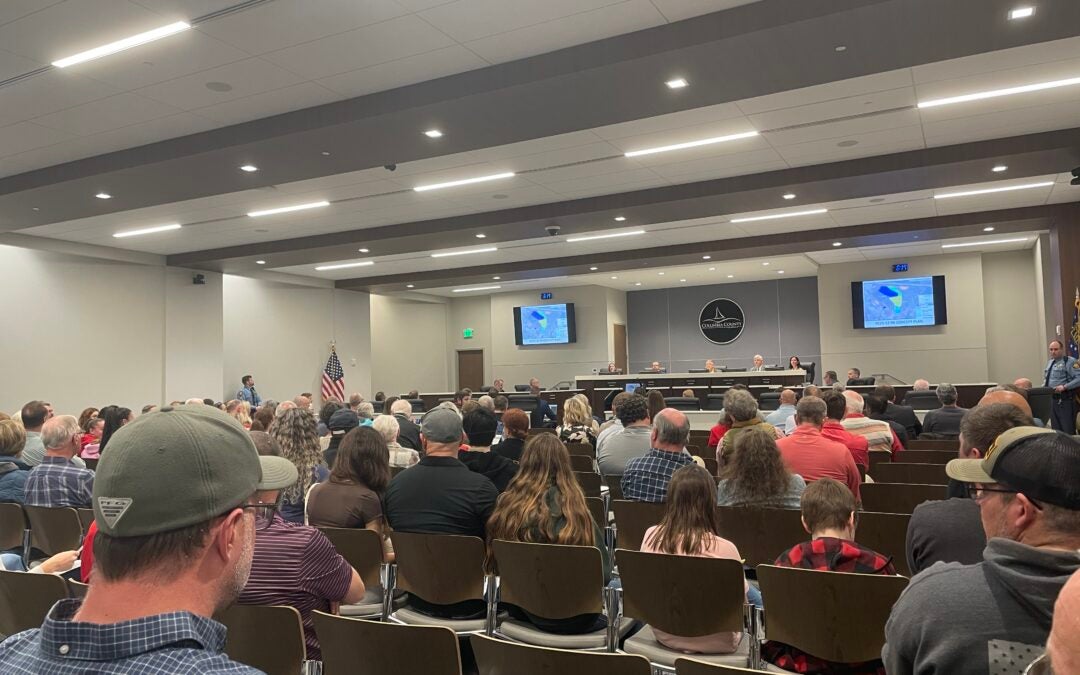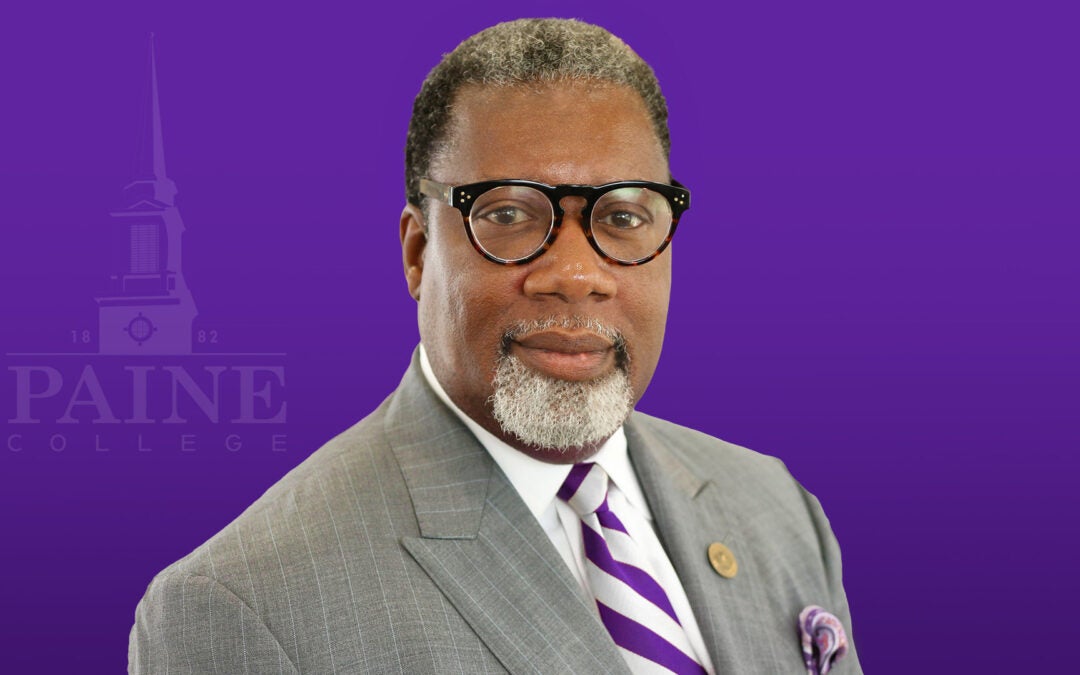Thoughts on Reaching our Full Potential
The Humanist says that traditional religions inhibit men and women from experiencing their full potentialities. The flaw in this thinking is that our full potential will not be realized in this physical life. We will reach our full potential when, as redeemed people, we are in God’s presence in heaven. Since sin entered the world in the garden, the full potential of men and women was never going to be realized here. That’s why God says that there is more for us that we can even imagine. If what we can do and have here is all there is, we are of all men most miserable to quote the Apostle Paul.
Actually we are in a “caccoon.” We are developing into that person who will one day “hatch” into a new environment. That’s why the Bible refers to our metamorphosis. The moth has no way of imagining its future glory while it is a lowly caterpillar. But, after metamorphosis, it enters into a world it could only have dreamed of while crawling around in its previous state. So, it is impossible for us to achieve our full potential here on earth. This time is for the preparation for Glory. Our full potential will be realized only there. Knowing this should not keep us from striving to do the very best we can for the Lord while we are living our lives on planet earth. We must be dedicated to Him and honor Him with our very best while we are living in this physical world.
Thought on Biblical belief
When one talks about simply believing and receiving Jesus, the church is full. But, when one talks about commitment, then it will empty out. When commitment is added to the discussion, it will thin out the crowd. Biblical belief (pisteuo) means commitment which is far more than simply accepting certain facts. Belief does not necessarily include commitment, but commitment, of necessity, involves belief. We have sold our people a cheap bag of goods when we tell them that all they have to do is believe, invite Jesus into their hearts and accept Him as if He is ready to rush in at the slightest indication that a person believes anything about him. This breeds a type of Christian who practices his Christianity to the same shallow level as was his belief. He has belief but no commitment. We find out in Matthew that Jesus put a greater emphasis on commitment than we do. In Matthew 10:32-33, Jesus tells us that if we confess (agree with God) before men about Jesus that He will confess us before the Father, but if we don’t do that, neither will He confess us before the Father. In fact, He says He will deny such a person before the Father. Strong statement. We need to dwell on this for a while.
Thoughts on Contemporary Church
Contemporary worship, especially as it is practiced in the vast majority of churches, appeals to and creates a middle school spirituality from which people will never grow as long as they persist in it. Most churches of today are filled with people who want just enough to get by and it might as well be easy and appeal to their spiritual and emotional immaturity if they are going to be involved at all. These people are what I call “lowest common denominator” Christians. Just enough to get by is what they want. We have been fed the poison that says something must be fun and easy and that those two characteristics are just as important as being holy and spiritually mature.
The choruses, which are self centered on what God can do for us, sound as if they are the by-product of a chorus writing contest in the sixth grade. They all sound as if they are a funeral dirge. There is no life and power in them. Where are the glorious hymns which stated the great truths of God’s action toward us in Jesus? Where are the hymns which taught theology and deepened the spiritual insight of the people. I’ll tell you where they are: in the hymn book which is either in a closet somewhere or in the pew but never referred to. It is just a trapping, left in the pew to help pacify the “old timers” who remember the great hymns and their glorious worship of God. If they can look down and still see the hymn book, they think that all is not lost and that, just maybe, the day will come when they will be using them again to sing something that exalts God in a way in which the modern chorus writers know very little about. Their work proves that they know little and therefore have no basis from which to write anything but the sweet, vapid little commercial sounding diddies which center primarily on man. Most of the choruses being sung today are the byproduct of someone telling a song writer that they need a book of choruses by a certain date and the writer threw something together to meet the deadline. No inspiration, very little talent displayed. But the deadline was met. A chorus collection was sold and money was made. And such it is in the majority of churches today.
I am not against trying new things in our worship but does that mean that everything we built our spiritual lives and our churches on should be jettisoned and never heard from again? People have acted like the great hymns, for example, just simply won’t work any longer? Were they somehow deficient and must be completely put away? The people who wrote the hymns now being ignored knew something about God and human life. They were preachers, missionaries, churchmen and well- known devoted Christian people. They wrote something meaningful and joyful and their work will last forever ignored or not. What they produced was Spirit-driven and not a product of a commercial approach which lacks depth of meaning. The churches of today are packed with people who have never sung a great hymn from a hymnbook. They don’t know any of them by heart and we are worse off for it.
WFH…8-22-2015









